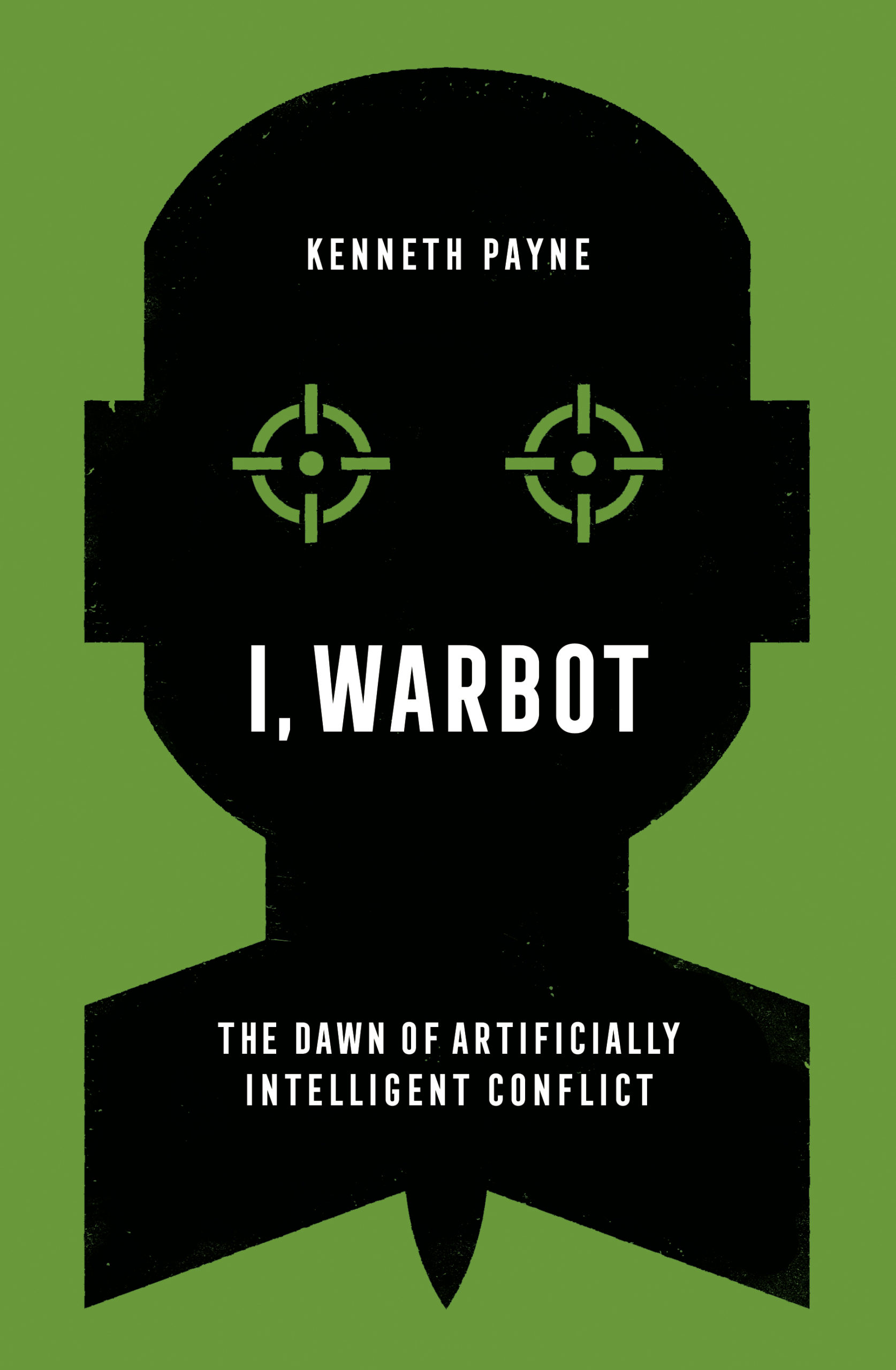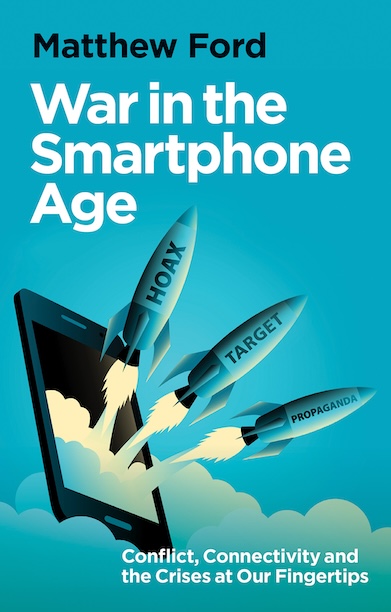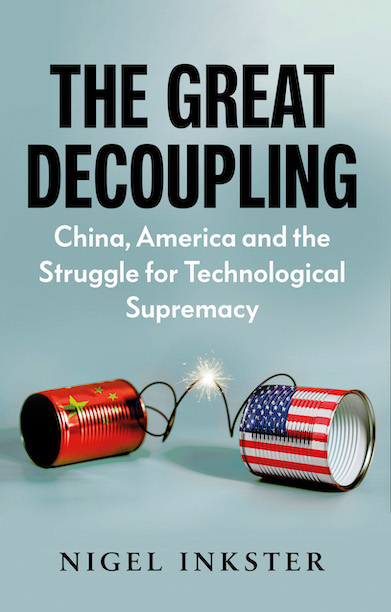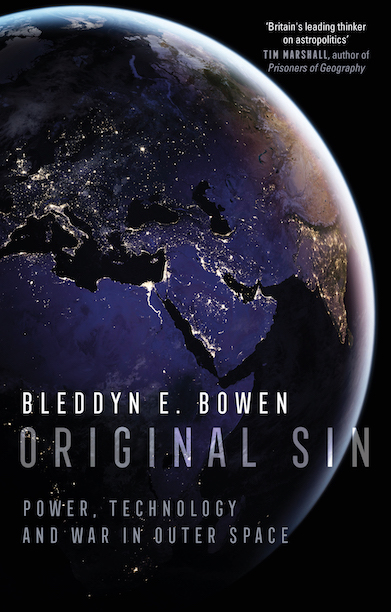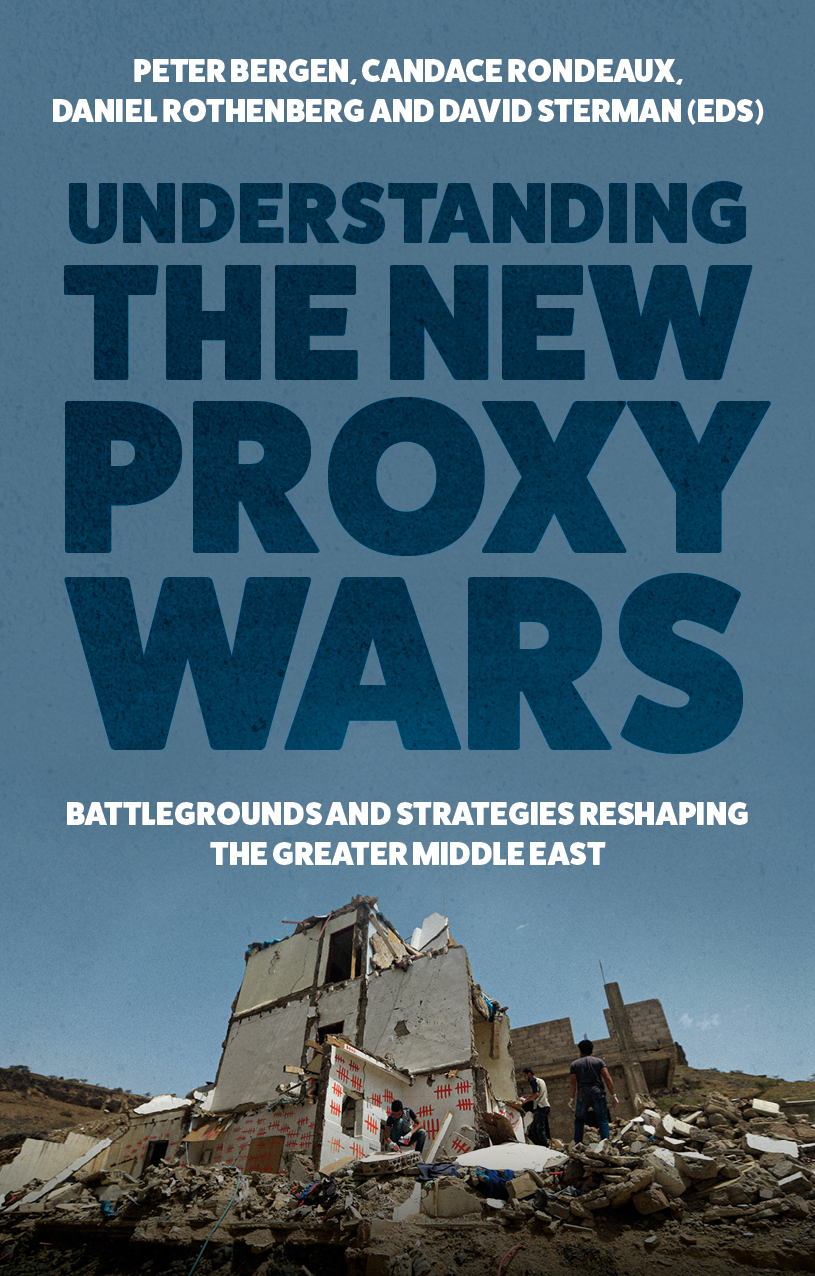I, Warbot
The Dawn of Artificially Intelligent Conflict
An Economist Best Book of 2021
An engrossing look at the new frontier in AI, and how it will change war forever.
Description
Artificial Intelligence is going to war. Intelligent military systems are already reshaping conflict—from the chaos of battle, with pilotless drones and robot tanks, to the headquarters far from the action, where generals and politicians use technology to weigh up what to do. AI changes how we fight, and even how likely it is that we will.
Warbots will be faster, more agile and more deadly than today’s crewed weapons. New tactics are already emerging, but much deeper thinking is needed. When will an intelligent machine escalate, and how might you deter it? Can robots predict the future? And what happens to the ‘art of war’ as machines become creative?
An international campaign against ‘killer robots’ hopes to ban AI from conflict. But the genie is out—autonomous weapons are too useful for states to outlaw. Still, crafting sensible rules for our warbots is possible. This fascinating book shows how it might be done.
Reviews
‘Exceptionally timely [and] clearsighted.’ — Financial Times
‘A thought-provoking reflection on how AI will change conflict.’ — The Economist
‘Chillingly demonstrates how the military use of Artificial Intelligence weapons is becoming ever more dangerous. […] A detailed, accessible and surprisingly entertaining book.’ — Morning Star
‘An engaging and accessible guide to the development of artificial intelligence (AI) as applied to war.’ — Foreign Affairs
‘I, Warbot is an important reminder that military AI is not purely a technological feat, but also a ground for reckonings on the ethics of warfare and creative strategy. In advocating thoughtful regulation of autonomous systems, Payne offers his counterpoint to the Asimovesque robot overlords of science fiction: ‘War will remain something that is done by, and to, humans.’ — International Affairs
‘Any reader, from undergraduate students and the general public to policymakers, can learn something valuable from Payne’s work.’ — H-Net
‘A brilliant and gripping treatise on war in the age of intelligent machines. Payne’s rewrite of Asimov’s Three Laws of Robotics to enable them to kill is quite terrifying.’ — Theo Farrell, Deputy Vice-Chancellor, University of Wollongong, Australia.
‘In I, Warbot Kenneth Payne offers creative and insightful new perspectives on the ongoing debate around the use of AI-enabled weapons systems in future war-fighting. He makes a compelling case why a ban on “killer robots” may prove to be counter-productive, and instead offers three simple but nonetheless effective rules for their use that are bound to trigger intensive discussion among the military, defence officials and policy-makers.’ — Franz-Stefan Gady, Research Fellow for Cyber, Space and Future Conflict, IISS
‘In this remarkably lucid and accessible book, Payne effortlessly cuts through both the techno-hype and pious incantations surrounding the robotic revolution in military affairs. I, Warbot may not soothe the anxieties of its readers regarding the future but it will immeasurably enhance their understanding of it.’ — Antoine Bousquet, Reader in International Relations, Birkbeck, and author of The Scientific Way of Warfare
‘Kenneth Payne has written a wise, original, at times even witty analysis of the looming realities of AI “thinking,” tactics, and strategy. I, Human enjoyed this engaging book.’ — Audrey Kurth Cronin, author of the award-winning Power to the People: How Open Technological Innovation is Arming Tomorrow’s Terrorists
Author(s)

Kenneth Payne is a reader in International Relations at King’s College London. A former BBC journalist, he is the author of many articles and books, including The Psychology of Strategy: Exploring Rationality in the Vietnam War, also published by Hurst.
